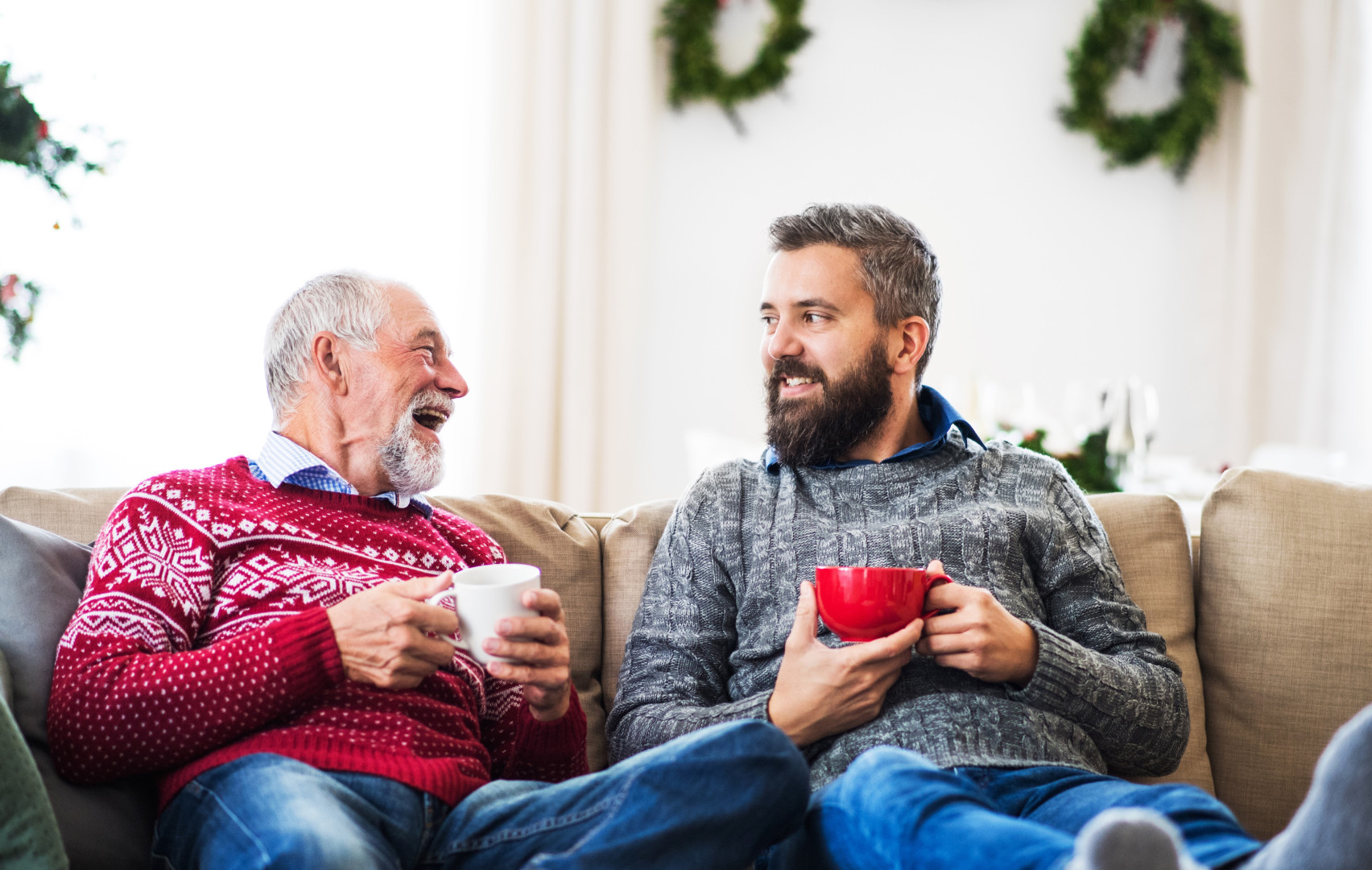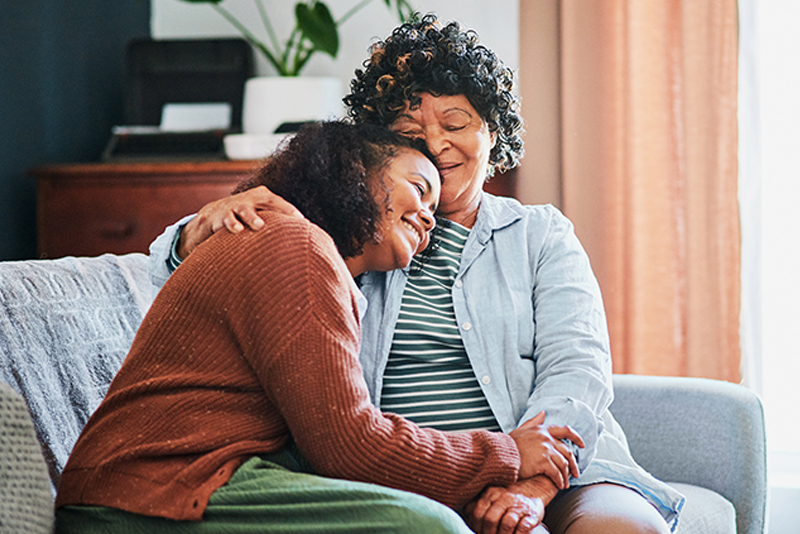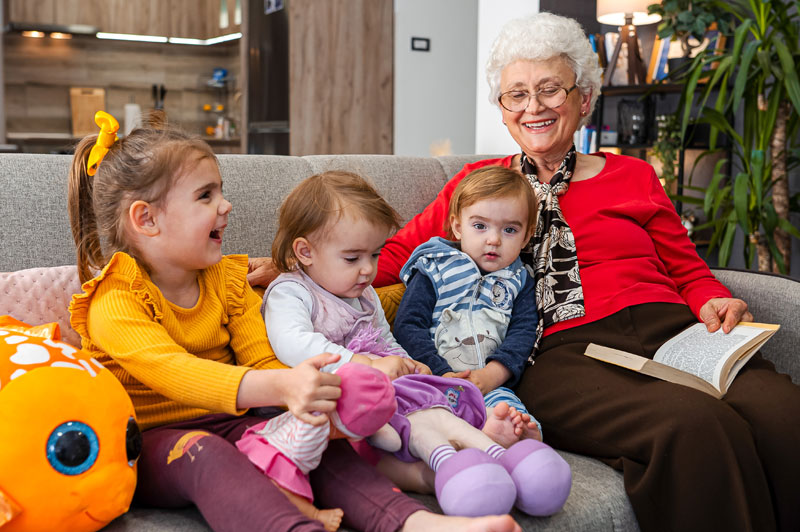
The Benefits of Social Media for Seniors ( and Family Caregivers) Many of our seniors are embracing social media such as Facebook, Twitter and YouTube. Seniors are discovering that these platforms are not only enjoyable but also offer great advantages. Are your loved ones participating? Here are five ways social media platforms are beneficial for seniors. Social Media keeps families Close- it is a common sentiment with our loved ones wishing they heard more often from their families. With newer technology such as smartphones, one would think that calls to loved ones would be more frequent. Though it does seem that these phones are used more for connecting through other means , especially social media. Many seniors are realizing that joining the social media platform like facebook is making it easier to stay connected and keep up with their loved ones lives. This also allows them to be more comfortable with conversations between generations, surpassing what most would experience through phone calls. Family Photo and Video Sharing- With the rise…

Best Ways to Tackle Depression in Older Adults During the Holidays The holiday season is viewed as a time of joy and happiness, but the holidays can also create feelings of depression in our loved ones. When remembering past holidays, the despair over the loss of family members, and troublesome changes to health can increase during the holiday season, and it’s important to take the correct steps to help older loved ones stop the downward slope into depression. If a cherished loved one is feeling depressed this holiday season, there are a few questions you can ask yourself to help them. Might it be regular nostalgia? It is common for our loved ones to experience wistful feelings of nostalgia when remembering holiday get-togethers and celebrations. It is important to determine whether these feelings of sadness are lifted after a trip down memory lane or if they are lingering regardless of the topic of conversation. Is health impacted? If your loved one is experiencing difficulty in maintaining a healthy and balanced diet, struggling with sleep…

How to Help Introverted Seniors Have a Happier Holiday Holidays can be at times overwhelming for our loved ones, especially seniors who are introverted. Understanding their comfort level is key to providing the right kind of socialization. Here are some great ideas to help introverted seniors enjoy their holiday and socialize at their own pace. What’s the Distinction Between Extroverts and Introverts? As we age, psychologists suggest that we can become more introverted. This can mean our loved ones who used to love to be social, they may now prefer smaller or intimate gatherings. However, having our seniors socializing remains important for their overall well being. Here are some ways that you can help our introverted loved ones to enjoy their time with friends and family over the holidays. Stay near the perimeter: Instead of having our loved ones being front and center at a family gathering, pick a quieter area at the edge of the group where they can visit with one or two people at a time. Assign a buddy: By having a close and trusted…

How to Help Seniors Experience More Joy After nearly 80 years and numerous research studies, it has indicated that wealth and genetics have minimal impact on our overall happiness. The Harvard Study of Adult Development, initiated in 1938, examined the lives of prominent individuals like John F. Kennedy and Ben Bradlee. Over the course of studies expanded to include both urban residents and descendants of the original Harvard participants, revealing unexpected findings. According to a research study conducted by Robert Waldinger, close relationships are the most effective for a long and happy life. Genetics, IQ, fame, finances and their social class were found to be less influential. Waldinger, who is a psychiatrist at Massachusetts General Hospital and professor of psychiatry at Harvard Medical School, encourages those who have been the happiest if their relationships at the age of 50 were the healthiest at the age of 80. He also warns that loneliness can be as detrimental to their health as smoking or alcoholism. In George…

The Dangers of Emotional Empathy for Caregivers Empathy is, obviously, an integral characteristic of effective caregiving. The ability to put yourself in another individual's shoes allows you to better meet their needs. However, there is a particular kind of empathy you need to understand as a caregiver in order to protect your own overall health: emotional empathy. The dangers of emotional empathy for caregivers are very real and may surprise you. Emotional empathy takes caring to a different level. In place of simply understanding how someone else is feeling, emotional empathy involves actually experiencing their feelings. For example, if you’re somebody who is very emotionally empathetic, sitting beside an individual who is crying will bring tears to your own eyes. If they're in pain, you'll also experience distress. You’re the kind of individual who will spring into action when someone has a sudden need. Is Emotional Empathy Harmful for Caregivers? Emotional empathy in and of itself isn’t a bad thing. Yet for a…

Why You Need to Cultivate a Meaningful Life for Seniors Each Day What is it that gets you out of bed each and every morning? If you are part of the sandwich generation, caring for both younger and older loved ones, your list is probably quite extensive! As the nest empties, however, it becomes vital to redefine our identity for ourselves. To take it a step further, it’s important to learn how to foster a meaningful life for the seniors in our lives as well. The impact of continuing to live purposefully for a lifetime are much more extensive than we previously understood. A recent study published in JAMA Psychiatry uncovered that older adults with a powerful sense of purpose demonstrated stronger hand grips and walking speeds, which are two main determinants in how quickly we are aging. The reason why? Patrick Hill, assistant professor of psychological and brain studies at Washington University, explains, “Purposeful individuals tend to be less reactive to stressors and more engaged, generally, in their daily lives, which can promote cognitive…




















